detail profile yumna marwan
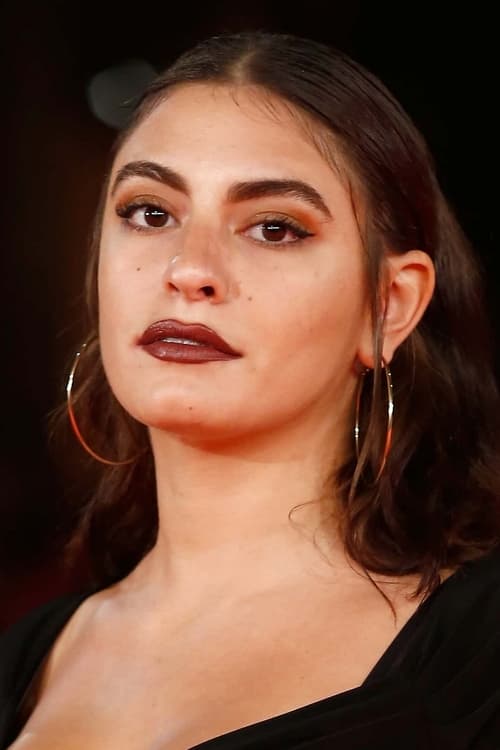
Yumna Marwan
يمنى مروان
atau dikenal sebagai
Riwayat Hidup
Yumna Marwan is a film and TV actress.
She grew up in Beirut and spent her teenage years in Iowa, USA.
She started her professional acting career in 2013 in the Lebanese feature film The Valley.
She's married to Palestinian actor Ali Suliman.
Info Pribadi
Peran Yang Di Mainkan Yumna Marwan
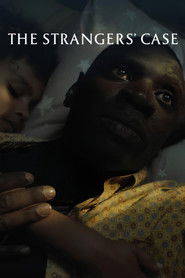 Over four centuries ago William Shakespeare...
Over four centuries ago William Shakespeare...The Strangers' Case 2025
Over four centuries ago, William Shakespeare collaborated with others on a play about the historical figure Sir Thomas More. In it, he wrote a speech in which More passionately articulates a defence of refugees, culminating in a poignant reference to their plight. Fast-forward to the present: Aleppo, in the midst of the Syrian civil war. Amira, a paediatric surgeon, performs a life-saving operation during the darkest days of the conflict. Through an unexpected twist of fate, she and her daughter become central characters in a dangerous tale that intricately interweaves the lives of five families spanning four continents and redefines all of their existences. Versions of this story continue to repeat themselves over the centuries. For this reason, Shakespeare aptly named this plight “The Strangers’ Case”.
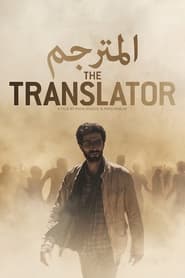 A Syrian exile living in Australia...
A Syrian exile living in Australia...The Translator 2021
A Syrian exile living in Australia returns when his brother is taken into custody by the Assad regime in 2011.
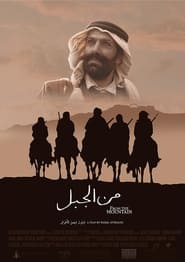 The fiery leader of the Great...
The fiery leader of the Great...From the Mountain 2021
The fiery leader of the Great Syrian Revolt of 1925 fights to keep the revolution alive in exile. When the struggle for independence comes at the expense of his displaced family's safety, he must decide to sacrifice either his family or his country. The film explores the themes of bravery, loyalty and patriotism, as well as the difficult choices one must make when protecting their family.
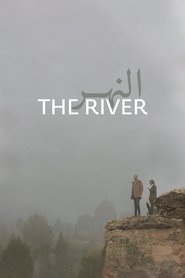 Its autumn A man and a...
Its autumn A man and a...The River 2021
It's autumn. A man and a woman are about to leave a restaurant situated in the heart of the Lebanese mountains. They are suprised by fighter planes screaming past at low altitude. In the distance, war seems to be breaking out once more. Losing sight of the woman, the man starts looking for her. He finds her on the other side of the mountain. Together they sink deeper into nature, which becomes increasingly spectral, just like the slender thread that ties them to each other.
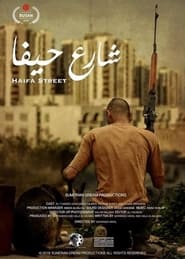 2006 Baghdad is ravaged by sectarian violence...
2006 Baghdad is ravaged by sectarian violence...Haifa Street 2019
2006, Baghdad is ravaged by sectarian violence. Haifa Street is the epicenter of the conflict. Ahmed gets dropped off there by a taxi on his way to his beloved Suad's home to ask for her hand for marriage, he gets shot by Salam, a sniper who's living his own personal hell on a rooftop above.
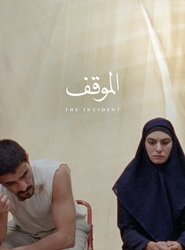 At a bus stop near Beirut...
At a bus stop near Beirut...The Incident 2017
At a bus stop near Beirut, a veiled Lebanese woman and a migrant Syrian worker get in a tumultuous moment and are arrested. They must argue their innocence in the face of the only witnesses: a bus full of women on their way to Koran school, each with her version of the truth.
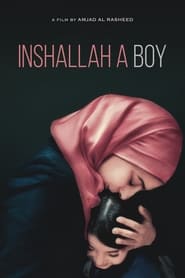 After the sudden death of her...
After the sudden death of her...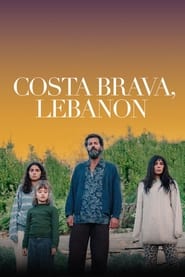 Members of a family quit the...
Members of a family quit the...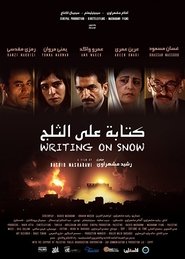 The film discusses different ideologies in...
The film discusses different ideologies in...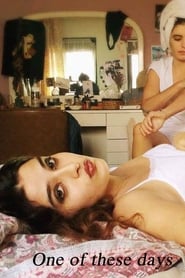 Beirut on an autumn day The...
Beirut on an autumn day The...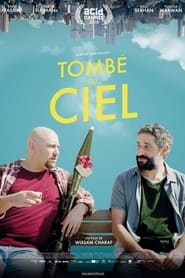 After 20 years apart Samir a former...
After 20 years apart Samir a former... Under the imminent threat of Lebanons...
Under the imminent threat of Lebanons...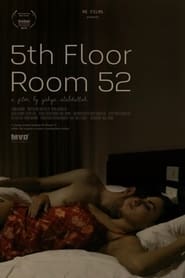 A silent film about a young...
A silent film about a young...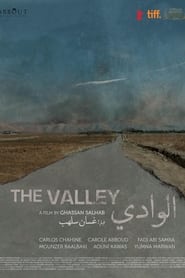 After surviving a car crash in...
After surviving a car crash in...